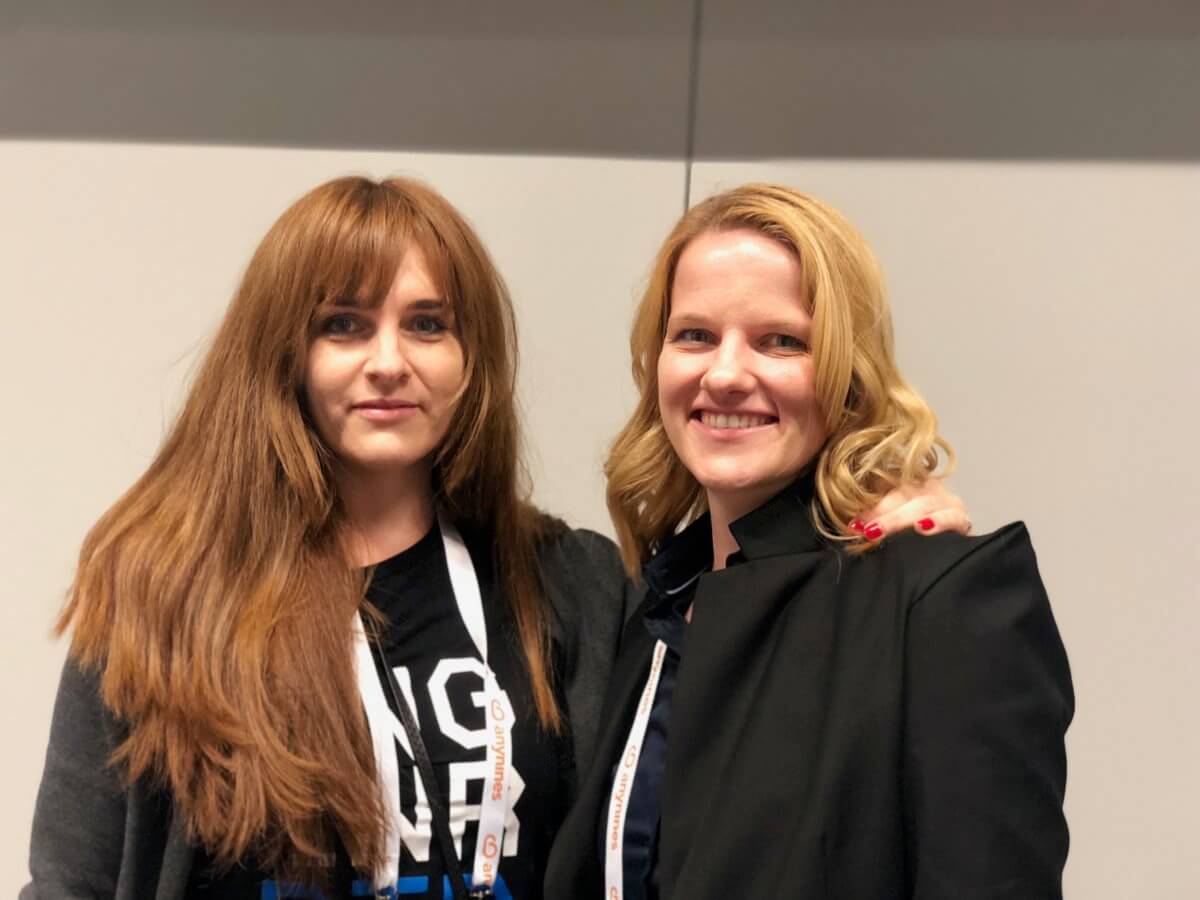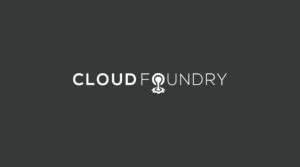This blog post was co-authored by Ivana Scott, EngineerBetter, and Sara Lenz, anynines
This year’s Unconference in Basel was a great success and we’d like to share our experience on how it all came together, what we learned along the way and some tips to help you organise a successful event.
What’s an Unconference Anyway?
We realise not all readers have attended or even heard of an Unconference, so let’s begin with our take on what an Unconference is:
An Unconference — or at least the Cloud Foundry-style Unconference — is a casual event, often “after hours,” with the aim to bring together the community. At Cloud Foundry Summit, it is a precursor to the main event, during which everyone gets the opportunity to speak and share their passion for all things Cloud Foundry, to talk about technology and trends and, most importantly, to share experiences, to learn from each other and to make connections with folks with shared interests.
The concept of an Unconference is simple but really effective: Present a topic for discussion or ask a specific question into which you’d like deeper insight. The purpose of the event is undeniable: meet the community, be kind, have fun and learn from each other.
It is magnificent to see the growth in attendee numbers. Over 200 participants joined us this year in Basel which equates to over 20 percent of total attendees at Summit! We think that is awesome.
AND!
We are going to do it again in Philadelphia — no joke — on April 1, 2019!
Our Takeaways on Planning an Event
What follows is a collection of lessons learned that we hope will help you as you put on your own event — and that we will take into consideration as we plan for the Unconference at Cloud Foundry NA Summit in Philadelphia this coming April.
- Give it plenty of time. Planning an event — even one that comes across as spontaneous like the Unconference — takes time. The earlier one starts planning, the higher the chances of success! We first met five months before the event and discussed the different pieces of the puzzle, divided responsibilities and announced the event to the community. We believe this set us off to a great start.
- Be thoughtful. Give a lot of consideration to the time of participants, including speakers, sponsors, attendees, co-organisers, vendors and partners like the Cloud Foundry Foundation.
- Speakers: We consciously timed the call for papers (CFP) for the Unconference to line up with the Cloud Foundry Summit schedule announcement. This gave potential speakers the opportunity to give talks at the Unconference that were not being given at Summit. We approached speakers and gave special encouragement to new speakers to take the stand for the first time
- Sponsors: Sponsors played a crucial part in the success of our event. We started fundraising pretty much immediately after our first meeting. Admittedly, it was a difficult task, and at times discouraging. Again, timing was important; planting the seed as early as possible helped achieve fruitful outcomes in the end. We were mindful of budgets and end of year restrictions with our sponsor packages. We had some data and success stories we could share with the sponsors to win their support.
- Attendees: We kept our attendees engaged and updated with important announcements and milestones, but tried not to overcommunicate. We shared a rough schedule with attendees to show their participation was a huge part of the success. We also planned for open discussions to give attendees the chance to include topics they are passionate about.
- Vendors and partners: We thought of vendors and partners as our extended co-organising family. The success of the event depended on their service and helpfulness. Our kindness, responsiveness and punctuality were all key to great vendor and partner relationships.
- Co-organisers: These are the souls that live the ups and downs of the process together and in the end enjoy the satisfaction of watching the event unfold successfully! We found that support, understanding and, most importantly, honest communication kept us on track and sane for most of the time 🙂
- Deliver on promises. Promise only what you can deliver – this is super important to building trust. Everyone involved had expectations — speakers expected the correct equipment for their talks, sponsors expected to receive every item of the sponsorship package they paid for, attendees expected an educational and enjoyable time, vendors and partners were keen to meet our expectations and we, the co-organisers, relied on each other for support. We kept it real and communicated what we could and could not deliver.
- Feedback: We asked for feedback and we have received a lot of it. Most of the feedback was positive, but we also had some useful critical comments that informed our Improvements list, which we will use in planning the next event. There is always room for improvement, right?
We hope our goal of bringing people together to share and learn from each other has been accomplished, and we are ever so grateful to the Cloud Foundry Foundation for this opportunity and their trust in us to put on a great event, our sponsors that supported the event financially, the speakers that took the time to prepare and deliver amazing content and the community for attending!
Please get in touch if you want to hear more.
Ivana&Sara 🙂




